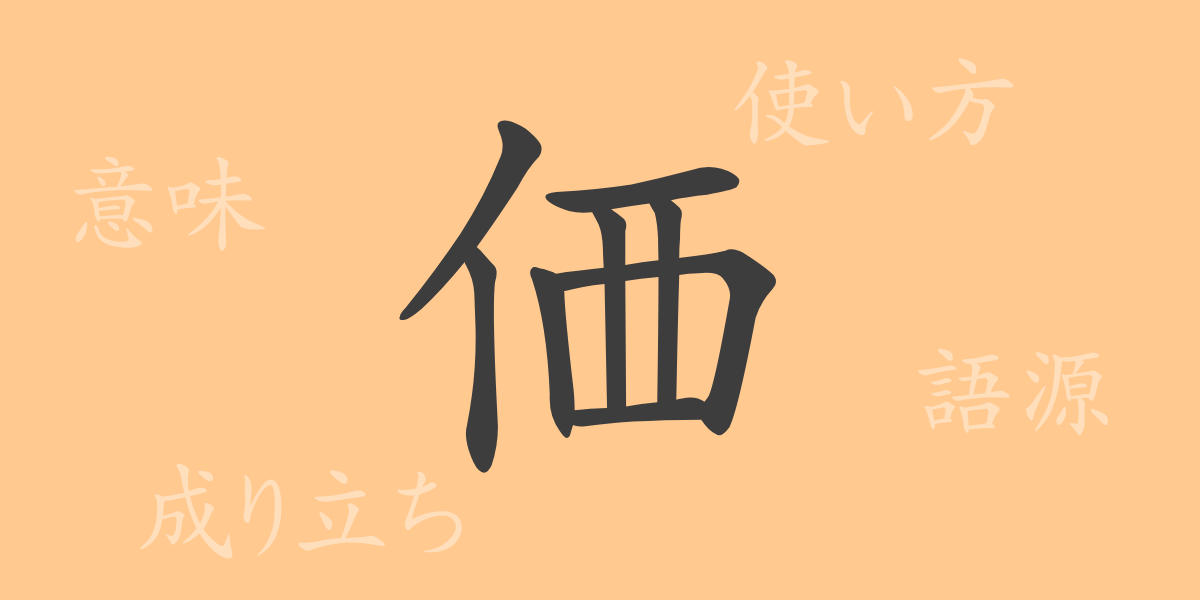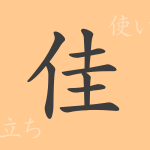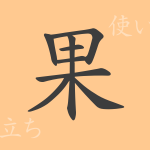The Japanese language is home to a vast array of expressions, many of which are made up of kanji characters. Among these, the kanji “”価”” (Ka) plays a crucial role in our everyday lives, representing concepts closely linked to our daily existence. In this article, we delve into the allure of “”価”” (か, ka), exploring its origins, meanings, usage, and even its presence in idioms and phrases. Let’s embark on a journey through the world of “”価”” (Ka) as a common kanji in Japan, aiming for a deeper understanding of its significance.
The Origins (Etymology) of 価
The kanji “”価”” (Ka) can be traced back to ancient Chinese texts, where it was used to express the concept of value in transactions and bartering. This character is composed of the image of a person standing and a shell combined. Since shells were used as currency in ancient times, “”価”” (Ka) evolved to represent the value of money.
Meaning and Usage of 価
The kanji “”価”” (Ka) carries meanings such as “”value”” and “”price.”” It is a vital character frequently used in economic activities to represent the value of goods and services. Commonly, it appears in words like “”価格”” (Kakaku), meaning “”price,”” indicating monetary value. Additionally, it is used in expressions like “”価値観”” (Kachikan) to convey the importance or significance of things.
How to Read 価, Stroke Count, and Radical
The kanji “”価”” (Ka) is widely used as a common kanji in Japan.
- Reading: The onyomi (Chinese reading) is “”か”” (Ka), and there is no particular kunyomi (Japanese reading).
- Stroke Count: It has a total of 8 strokes.
- Radical: The radical is “”人偏”” (Hitohen), meaning the “”person”” radical.
Idioms, Phrases, and Proverbs Using 価 and Their Meanings
There are numerous idioms, phrases, and proverbs that include the kanji “”価”” (Ka). For instance, “”価値観”” (Kachikan) refers to the perspectives of values that individuals or groups hold dear, while “”市場価格”” (Shijoukakaku) denotes the price of goods and services in the market. Additionally, the adjective phrase “”価値ある”” (Kachiaru) is used to express that something is beneficial or of value.
Summary on 価
The kanji “”価”” (Ka) is an important character used to denote the value or price of things. It is not only relevant in economic activities but also relates to our values and worldviews. The role of “”価”” (Ka) in the Japanese language is significant, and understanding and mastering its use is essential for appreciating the richness of Japanese expression.

























